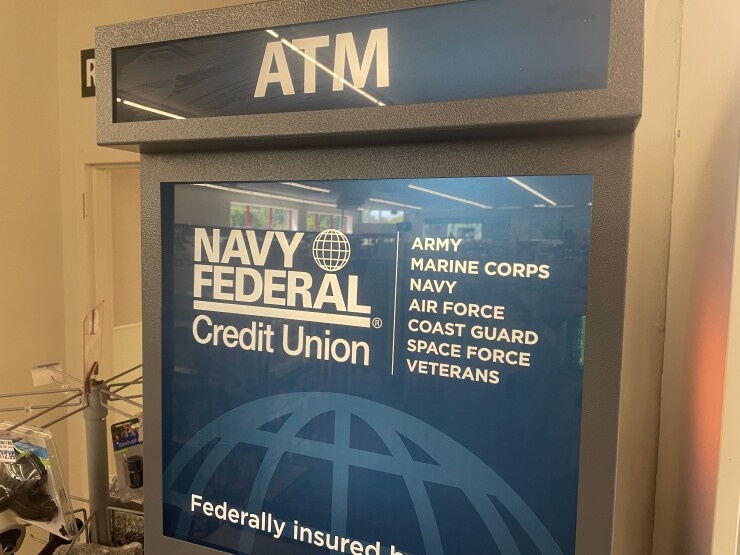
This year, America's credit unions will celebrate the 90th anniversary of the Federal Credit Union Act. Credit unions have long held a unique place in our financial system for their mission of service, as well as the cooperative principles they embody. Credit unions themselves often evoke their humble beginnings as institutions rooted in close-knit communities where neighbors help neighbors. But those days have long passed.
Recently, a
More than 70 members of Congress have
While lawmakers gather information on this situation, it's worth noting that Congress hasn't held a hearing on the $2.2 trillion credit union system in nearly 20 years. And the industry's list of problems is long — and growing.
Last month, National Credit Union Administration Chairman Todd Harper summed it up neatly at a
And in a stark departure for the NCUA, which has often been viewed as an advocate for those it regulates, he proclaimed, "The people who manage the credit union, their interest doesn't always align with that of the members."
To that end, Chairman Harper announced that credit unions with more than $1 billion in assets — a group that holds approximately 90% of credit union assets — will soon have to report revenue from overdraft and nonsufficient funds fees, like banks of comparable size must do. America's 140 million credit union members will benefit from this increase in transparency.
The chairman doubled down and addressed another hot button topic:
And on the perplexing phenomenon of credit unions purchasing
Sound Credit Union said it would acquire Washington Business Bank in a cash deal slated to close in the fourth quarter.
Harper also outlined his concerns about credit union performance and heightened risks within the system. According to data collected by the NCUA, credit union financials could indicate trouble on the horizon.
Although this might not be totally surprising given the inflationary environment and other economic headwinds, the NCUA has uncovered potential problems at a growing number of credit unions.
As NCUA officials examine a credit union's performance and risk management practices, they assign a CAMELS rating to determine whether that institution presents safety-and-soundness issues, much like other federal banking regulators. Alarmingly, "a large and growing share of the credit union system's assets reside in institutions with potential safety-and-soundness concerns that require immediate remediation," warned Harper. He reiterated that this could have implications for the entire financial system.
Yet another area in dire need of congressional scrutiny: cybersecurity vulnerabilities within the credit union system. Despite Chairman Harper's best efforts, the NCUA still lacks authority to regulate third-party vendors, unlike the other federal banking agencies. Late last year, a ransomware attack impacting about 60 credit unions highlighted the severity of this regulatory gap. And with just five core providers serving as highly concentrated back-office support for more than 90% of industry assets, it could have been much worse.
Chairman Harper deserves credit for raising awareness about these issues. Though he appears before Congress alongside the other prudential regulators four times per year, credit unions receive little attention during these hearings. In fact, at the most recent oversight hearing in November 2023, which lasted more than two hours, he spent less than one minute responding to questions from lawmakers. Clearly, the significant problems facing the credit union industry demand much more scrutiny.
Congress has a responsibility to ensure that America's 140 million credit union members have visibility into the institutions they own. They also have a responsibility to taxpayers who subsidize these not-for-profit financial institutions.
As recent headlines illustrate, credit unions have evolved. And their problems extend far beyond Navy Federal.
The time for a congressional hearing on the credit union industry is now.






